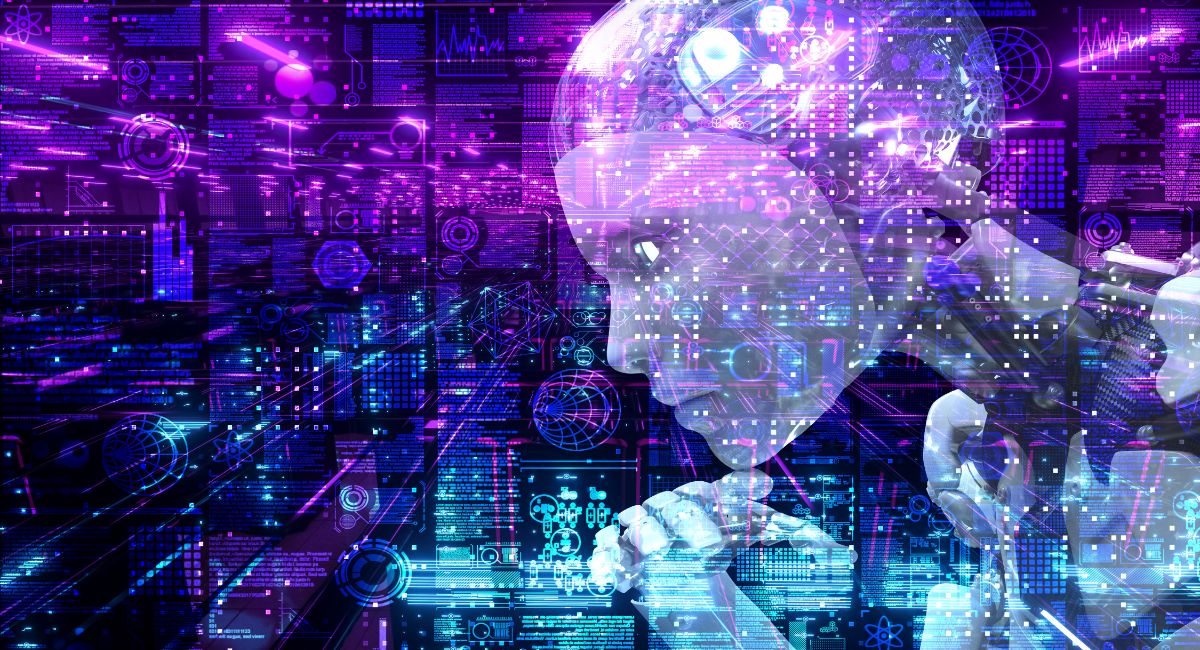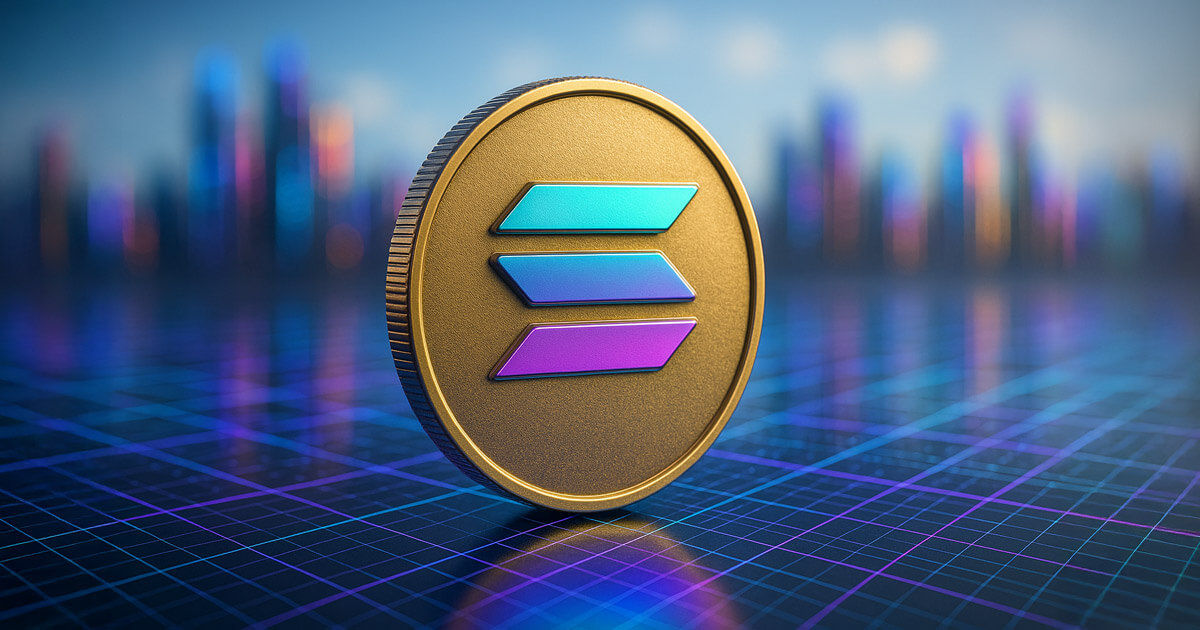The rapid pace of technological advancement has led to frequent announcements of groundbreaking solutions, with technologies such as blockchain and generative artificial intelligence (AI) having a transformative impact on various aspects of business and daily life. These technologies have become essential across a range of fields, including healthcare and entertainment. Despite their individual strengths, the convergence of emerging technologies has the potential to generate significant benefits and advantages.
The decentralized and secure storage and sharing of data are made possible through blockchain technology, while generative AI enables machines to learn and create autonomously. The combination of these two technologies can result in the creation of advanced systems that are both secure and intelligent, possessing the ability to adapt to changing circumstances. Organizations are increasingly turning to these systems to prevent data breaches, improve efficiency, and reduce costs. While the individual development of each technology has already driven significant transformation, their convergence holds even greater potential for businesses and industries.
Artificial intelligence (AI) is a crucial emerging technology that has the potential to revolutionize consumer experiences and business processes, as well as drive exponential revenue growth and cost savings for organizations. The foundation of AI systems is data, and their availability and quality are essential to the successful implementation of AI solutions. Organizations must assess various factors, such as data balance (lack of bias), exhaustiveness (inclusion of all relevant variables), diversity (coverage of rare situations), and volume. As a best practice, it is recommended that businesses develop a comprehensive data strategy early in the AI implementation process, which includes defining data requirements, acquiring or collecting high-quality contextual data, and establishing appropriate storage, management, and security protocols.
In the present-day digital economy, the generation of data is growing exponentially from various sources such as people, channels, platforms, and devices. Despite the vast amount of data available for analysis, data silos still exist, making it challenging to combine data points to derive meaningful insights. The use of AI models for decision-making purposes offers limited transparency, with large data sets being fed into systems, and the resulting outputs being presented in the form of analysis, reports, or recommendations. This can create a trust issue and raise concerns about the credibility of the system, particularly in light of the existing challenges associated with data sets that may be incomplete, poorly sourced, inaccurate, or biased.
Experts suggest that the integration of blockchain technology, which provides transparent data provenance and audit trails, as well as traceability and interoperability across multiple platforms, has the potential to enhance the credibility of AI-based systems used for analysis and decision-making. Blockchain technology is a digital solution that facilitates secure and transparent transaction record-keeping. It operates similarly to a digital ledger, akin to an accounting book, but instead of being stored in a single location, it is dispersed across several computers globally. This decentralized approach enhances the system’s security and makes it less susceptible to manipulation. While it is often associated with the financial services industry and cryptocurrencies, its potential application across various sectors to create trust, traceability, transparency, and provenance in value transfer can be revolutionary.
By utilizing blockchain as a framework for data storage, AI systems can function in a secure and decentralized environment, with each block containing a distinct identifier and cryptographic hash. This approach guarantees that data is unalterable and transparent, providing users with greater authority over their personal information and instilling faith in the system. Smart contracts, which are digital, programmable, and self-executing contracts inscribed into the blockchain, can enable transparent and automated agreements between AI systems, enhancing efficiency and reducing the possibility of errors. By integrating blockchain technology with generative artificial intelligence-based systems, companies can unlock new operational value and efficiencies.
The integration of generative AI with blockchain solutions has the potential to yield positive outcomes by automating the creation of smart contracts, reducing the time and effort required for transactions. This would result in faster and more efficient contract execution, as well as increased accuracy and transparency. Moreover, generative AI could be leveraged to establish decentralized autonomous organizations (DAOs), which are self-governing entities that promote innovation and creativity. By establishing a mutually beneficial relationship between blockchain and generative AI, an ecosystem that supports multiple industries, such as finance, healthcare, and supply chain management, can be created.
In the opinion of experts, the integration of generative artificial intelligence with blockchain technology has the potential to create reliable and secure blockchain systems. AI can assist in identifying and preventing fraudulent activities within a blockchain network, thereby enhancing traceability and transparency and reducing the risks of security breaches by providing a robust surveillance system that detects vulnerabilities and responds promptly to cyber threats. Additionally, AI-based solutions such as robotics process automation can contribute to the scalability and efficiency of blockchain systems by automating complex processes.
The combination of these technologies has the potential to revolutionize several industries, such as supply chain management, financial services, and healthcare. Nevertheless, the maturity and adoption of these technologies are still in their early stages, particularly concerning the establishment of applicable standards, regulations, and best practices. This could potentially lead to unforeseen legal and compliance issues. For instance, while blockchain technology offers data immutability and transparency, AI algorithms often necessitate extensive data sets, resulting in data privacy and security concerns.
Both technologies are highly resource-intensive, necessitating substantial processing power. Furthermore, scaling blockchain networks could result in performance and latency issues, which could worsen when integrating AI-based applications that frequently require processing large quantities of data.
As the convergence of emerging technologies creates novel solutions, it is expected that the integration of blockchain and AI will expedite solutions to attain unprecedented levels of efficiency, performance, human capability, societal outcomes, and business results.
#Blockchain #AI #GenerativeAi #RevolutionizingIndustries





